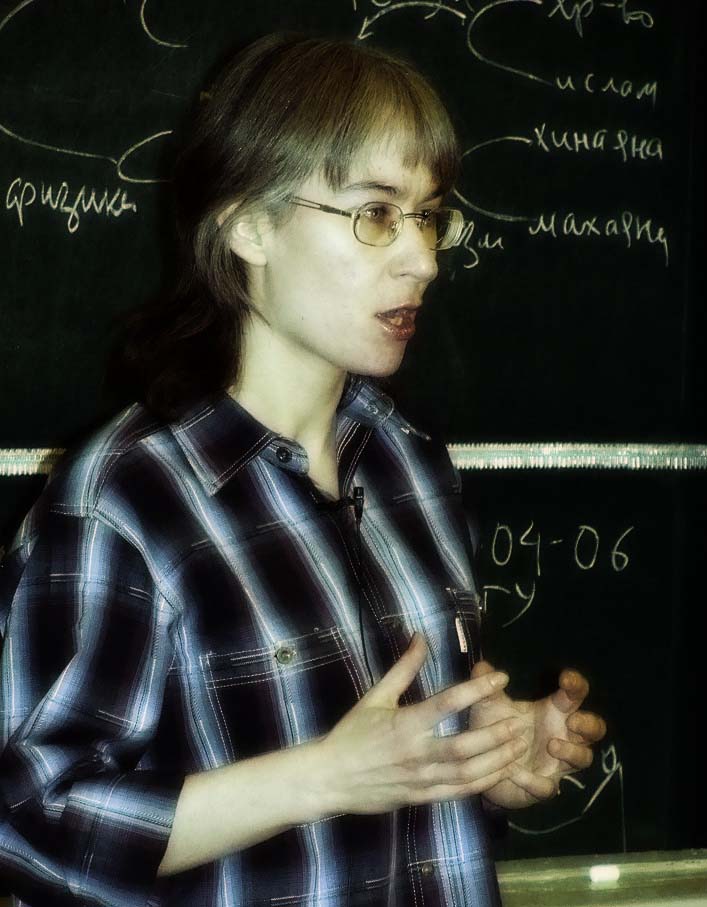

Extract from letter to A.P.Levich [1]
The notions that time flows and that the world changes are considered to be absolute truths. Such notions are so obvious that it’s inconceivable to question them. From earliest childhood, everybody knows that time flows. And when you know something from your childhood, you cannot find the source of this knowledge and there is no logic to verify it.
I remember myself in those days when I knew nothing, not even my own language. Adults seemed to me impossibly remote and unimaginable creatures who from some unattainable height emit successions of strange sounds, which seem to be extremely important though I cannot pene-trate their mystery. But suddenly one of them, of these infinitely distant adults, bends over me and addresses themself to me while the others wait for my answer. How can I keep silence if so many people are waiting? Their shared suspense presses me with such a terrible force that an impossible thing occurs and I do understand this amusing combination of sounds, this question asked to me: “And how old are you?” God knows where from, but I know precisely what I must say: “Thre-e-e!” and obligatorily, obligatorily stretch my little hand showing three fingers.
It would be interesting to investigate how many facts, how many so-called commonplace truths, are assimilated by us during our unconscious childhood only because of this; because the adults wait for us to do it.
Well, “time flows”. But what do we objectively know?
First of all, our Universe exists and occupies a certain piece of space and a certain period of time. However, in order to avoid all singularities, we can choose to take into consideration only a part of the Universe, intentionally excluding “that kind of space where space already does not exist and that kind of time when time did not exist yet”. Actually, this Universe can be trimmed and lopped all round thus leaving only the Solar System in space and the last couple of billion years in time. We are going to consider only them. So, there is a certain piece of space and a cer-tain period of time; and, apparently, there is a fundamental difference between spatial and time coordinates. For example, they present with different signs in formulae of Relativity. Of course, it is our nature that we are unable to perceive several time moments at once, but some multidi-mensional observer who is external relative to our Universe could be quite able to look at our World entirely and in general, in all its spatial and time integrity: past, present, and future.
In order to better understand this observing stranger, imagine some not three- but two-dimensional planet (we’ll restrict ourselves to one planet) with its own terrain and inhabited by living, moreover sentient, beings. If, from the point of view of these creatures, time flows in the same way as our time, then they are sure they live on a plain round planet, which gradually changes as they do. However, an observer from outside, capable of perceiving three-dimensional objects, could see this world as a slightly irregular rough cylinder, the axis of which matches the “global line” of the planet’s centre during all of its period of existence; the roughnesses are mountains, cavities, people, buildings erected by people, animals, vegetation. In general words, we can say that these roughnesses are longitudinal bubbles and scratches, of irregular shapes but mainly orientated along the axis of the cylinder. In fact, mountains and trenches remain in exis-tence during numerous millions of years (so, the longest bubbles and scratches correspond to these); trees and buildings, of course, also do not emerge in an instant and they continue to exist for a while after their appearance. From this point of view, people and animals are more restless as they leave a weird tracery on the surface of the cylinder; but these traces are at least continu-ous as long as no creature can suddenly disappear from one location and appear at another. The cylinder itself is possibly not an absolute cylinder: it is curved if consideration is taken of relativ-istic effects in determining the planet’s motion. However, this imperfect cylinder exists after all. It exists entirely, in all its integrity. And there is no one to blame for the fact that its inhabitants are able to see their little world only in a perpendicular section; that is only in one moment of their time.
So it seems to us that the past has gone forever and the future has not yet happened. How-ever, it does not really matter.
Secondly, just like in the example with a 3D rough cylinder, different parts of the Universe possess some symmetry: the observer will find some interesting regularities. For example, taking the “world line” of some point in space, it will be possible to say what nearby “world lines” look like. In the same manner, sections considered at nearby time moments t and t+Δt are related in a certain way; and this relation is of another kind than the previous one. Humans have been trying, as long as they have existed, to understand similar odd and amusing pictures appearing before them; with the same curiosity they compared what is to the left with what is to the right, what is in front with what is behind, and what has already happened with what is going to happen. The process is called “Discovering the laws of Nature” or “Exploring the surrounding world”.
Thirdly, our consciousness works so that we are able to be aware of ourselves only once at each time moment, living through these moments sequentially, one after another. Besides, we are asymmetric. I mean that it is much easier for us to remember past events than to foresee future ones. The result was that prehistoric man could return to the unchanged places of space (un-changed at the level available to his perception), but he was unable to re-experience some time periods again though he remembered them. That is why when mastering the surrounding world, creating the human society and generating spiritual veracities, people involuntarily started from the one-moment and irreversible character of time. And the longer people were observing the surrounding world, the more they were getting confirmations of the fact that time flows as long as the world around them was gradually changing. So, the sense of irreversibility of time, and of time flow, has become the base of our general understanding of the world – of everything the modern children learn almost unconsciously, before they really learn to speak and before they become able to doubt the learnt veracities. And if we consider spiritual values such as morality, faith, love, desire to create and to cognize the world, which are so common in human society, to be conditional and illusive to some extent, then time flow is the main, fundamental illusion, the phantom that all other constructions of the mind are based upon.
But I belong to a category of people who always doubt even commonly accepted facts. Be-sides, my consciousness seems to have some congenital defect, which makes me consider the flowing of time not to be so beyond question. It may happen only rarely and spontaneously, but sometimes the past becomes very close, almost accessible for me [2]. And though my spiritual con-dition at such moments in no way encourages logical thinking, even these spontaneous short flashes of consciousness have been enough to change my comprehension of the world and to es-timate natural laws and spiritual values independently and in my own way; if not to answer the questions I ask myself, then at least to set them down clearly.
1. Is “time flow” an objective property of our world or just a feature of our consciousness? And if the second variant is true, then shouldn’t we try to get over this feature? For example, shouldn’t we try to re-formulate laws of Nature “in the stationary variant” using the analogy with the three-dimensional world (two spatial dimensions and one – temporal) for the sake of simplic-ity? One could say that this analogy is not well-defined, but most of the laws of classical me-chanics and classical physics may be restricted to the plane as well. We’ll have a chance to look at the law of non-decreasing entropy from another point of view.
How will our perception of human life change? For example, childhood and old-age are in many respects helpless in the same way; the difference is that a child has everything in the future, therefore, features of its organism are perceived positively. As for age, it signifies approaching death that’s why age manifestations frighten us and we try to fight them. However, what would happen if we lived our lives in the inverse direction, from death to birth?
2. Is the ability to be aware of oneself at one and only one time moment and successively transfer from one moment to another a typical human trait? Or is it innate in any living creature? (What if, when watching animals’ behaviour, we unwillingly attribute to them our own feelings and understandings?) Is it a necessary property of living matter everywhere in the universe, or a local abnormality appeared only on our planet? Is it possible to distinguish any features of living matter that engender this property? For example, to find material carriers of the asymmetry which has caused our memory to be more developed in comparison to our foreknowledge? How can we imagine life without motion in time? Is it possible to determine life “from the multidimensional point of view of an observing stranger”, i.e. without reference to such concepts as those of birth, death and reproduction? I mean that all these concepts implicitly refer to the flow of time.
3. If human civilizations are unique exactly because of our perception of time, then what are their moral, spiritual and scientific values in comparison to other possible civilizations? What role do we play in the Universe? Maybe the point is that we created specific notions of good and evil, of faith and belief?
Should we try to travel in time, i.e. somehow to manage the flow of time? As an exception, here I’m giving my answer to this question: yes, we should. But the reason is likely that I just do not see another variant. Otherwise – the linear history of mankind will become a bad dream, a haunting nightmare.
Should we try to overcome that trait of our consciousness which makes us live time moments point by point, separately? And if these attempts are to any extent successful, what might they lead to?
1. Translated from Russian by V.V.Shulikovskaya; edited by I. Marshall.
2. Cf. Shulikovskaya V.V. From Homo sapiens faber to Homo in tempŏre.
© V.V. Shulikovskaya, 2015–2025.
Website development IPC ’Bon Anza’
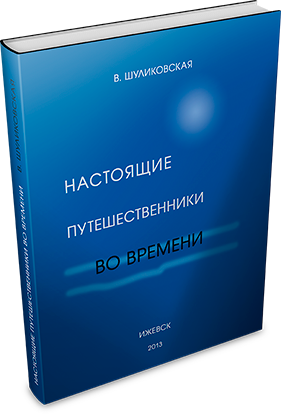

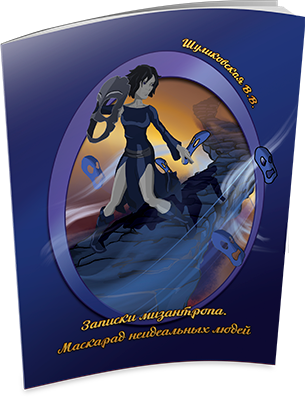
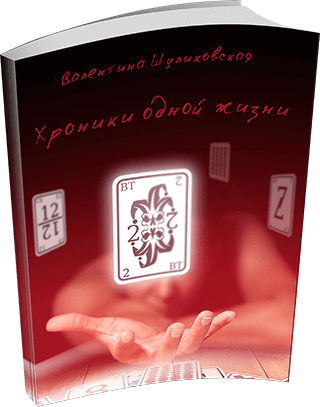
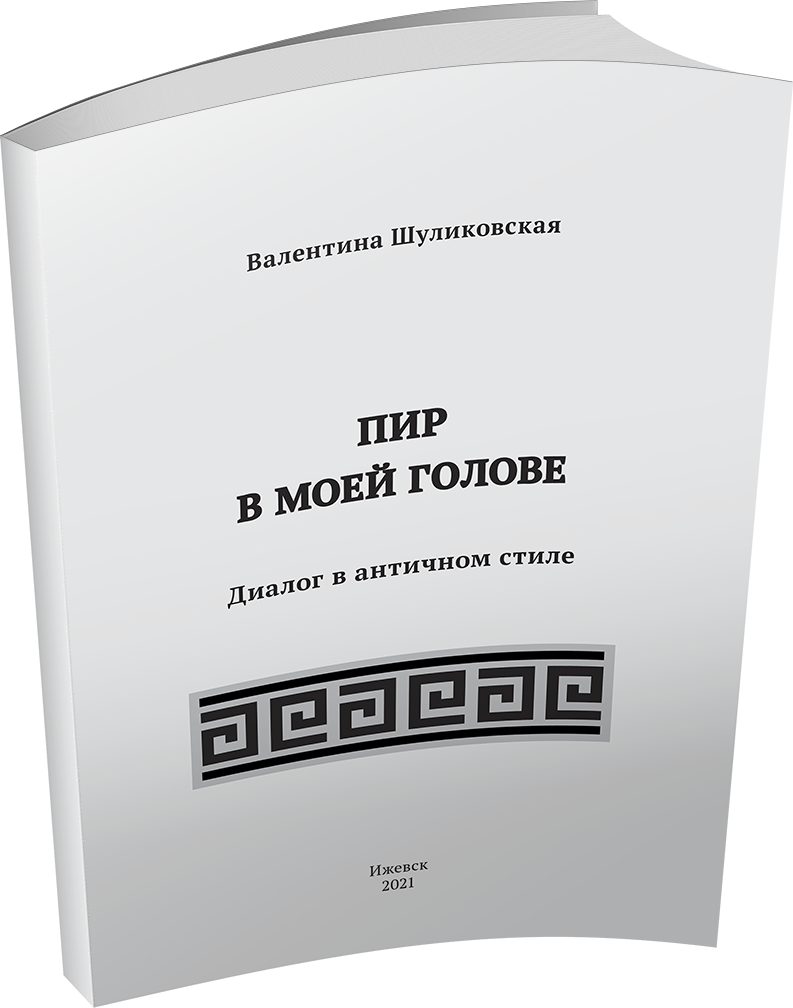
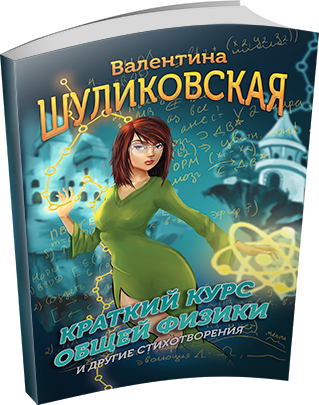
 Rus
Rus

